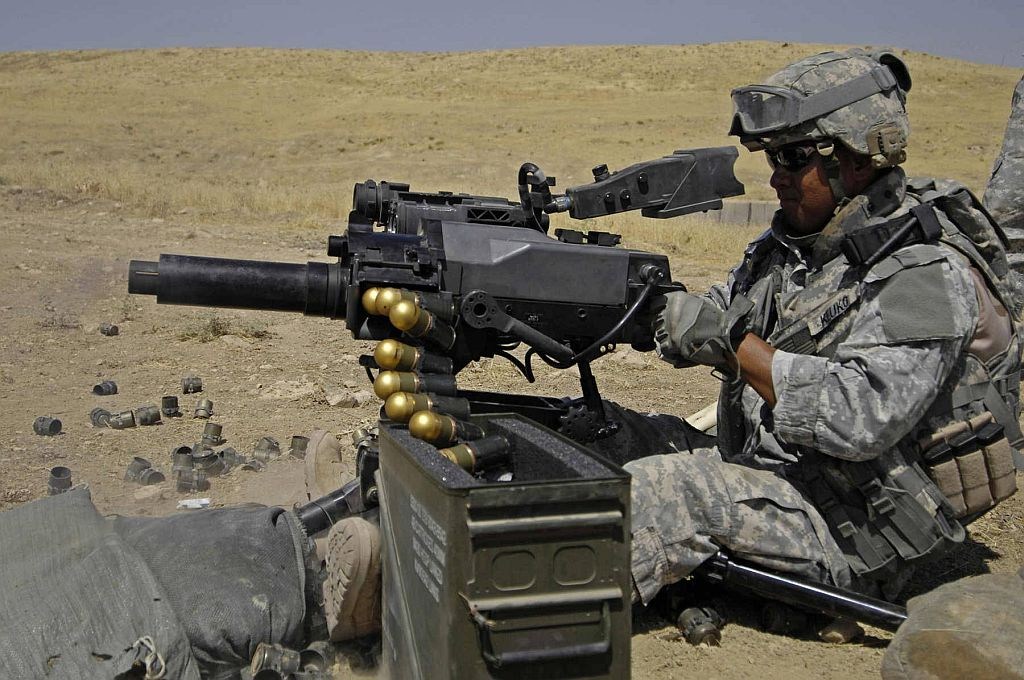As seen in GHOST IN THE SHELL:
Crime-fighting tech uses tracking projectile to tail suspect vehicles
Police in Iowa used a new piece of crime-fighting technology to track a vehicle without the danger of a pursuit.
The StarChase system - a pursuit reduction device that contains a miniature GPS module encased in a tracking projectile – was used during an incident on Wednesday in Des Moines.
According to CBS12.com, officers launched the tracking projectile from their vehicle into the vehicle they were pursuing. They then stopped the chase and were able to track the subject as they drove into Omaha.
Officials told CBS12.com that once the driver thinks the officer has stopped giving chase they slow to normal speeds, reducing the chance of injury to other motorists on the road.
While effective, the technology is expensive. CBS12.com says the system costs $5,000 – with each round costing $500.


